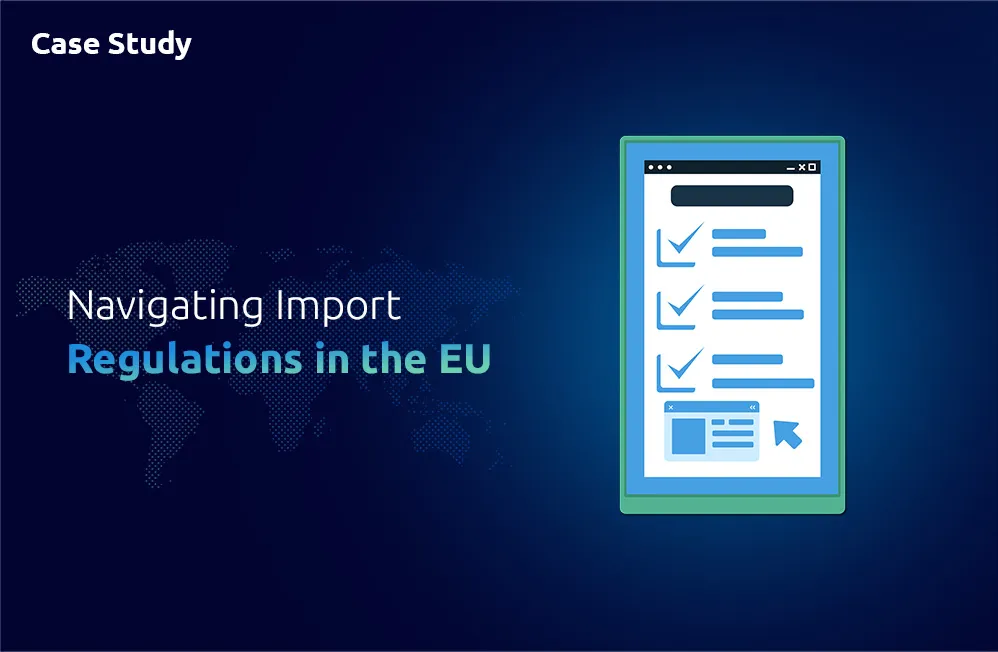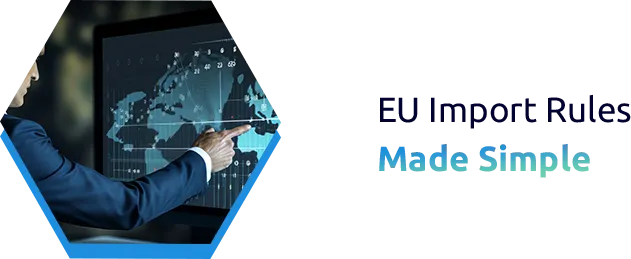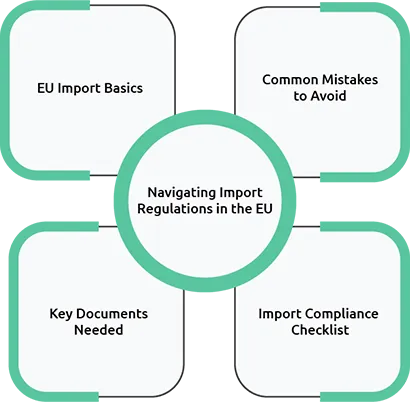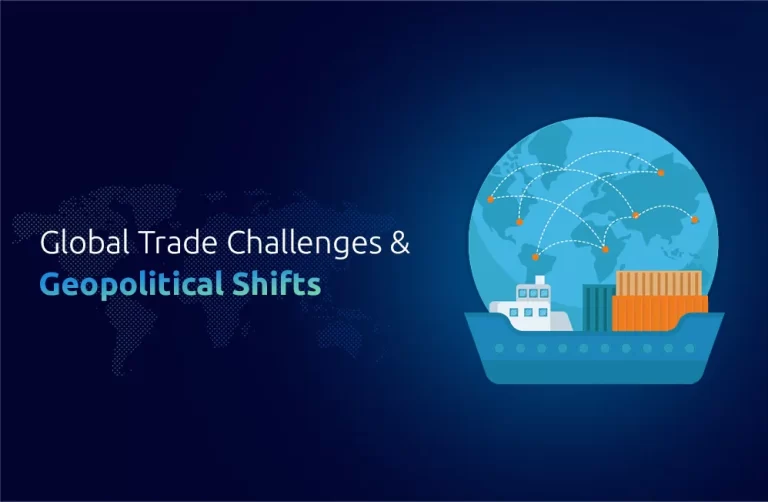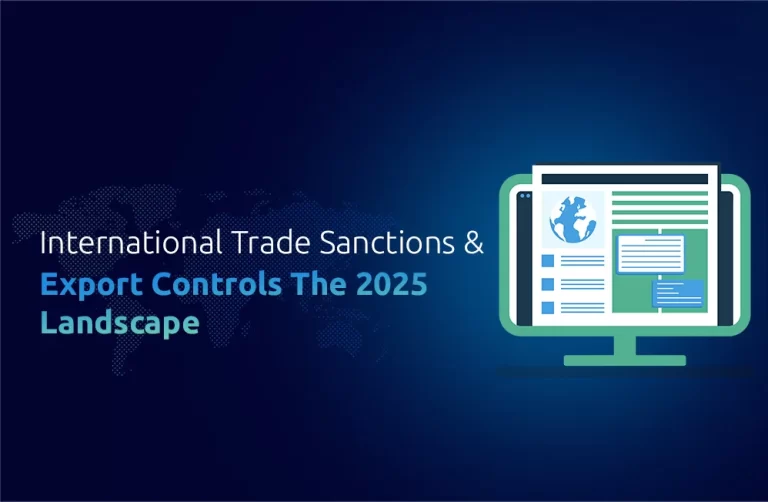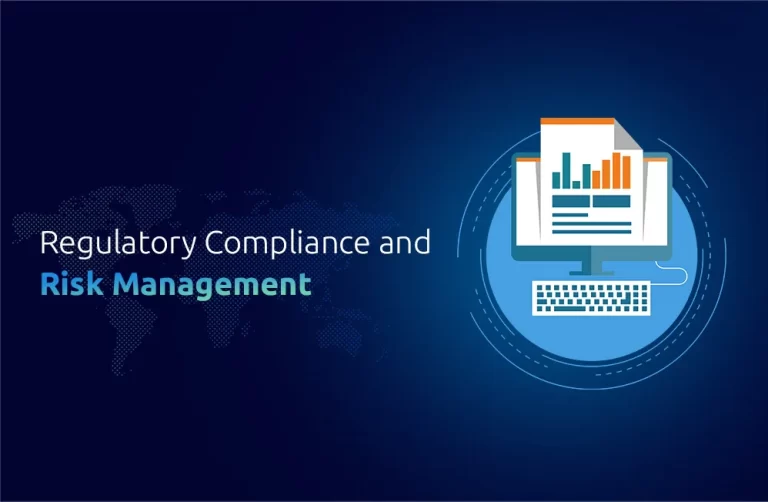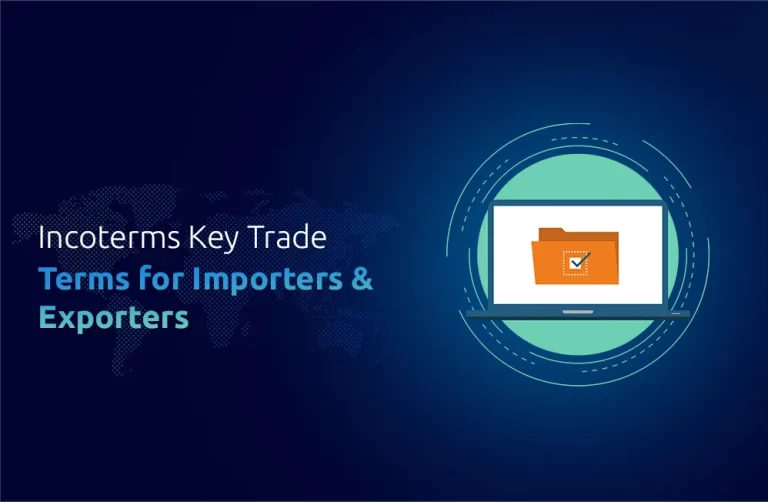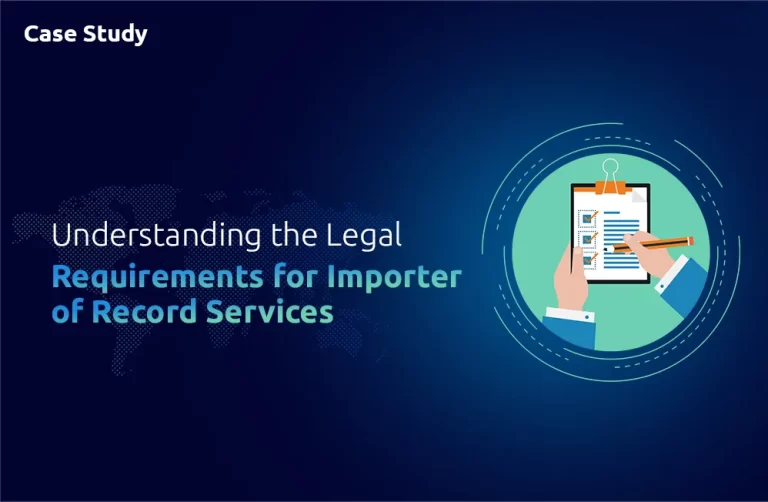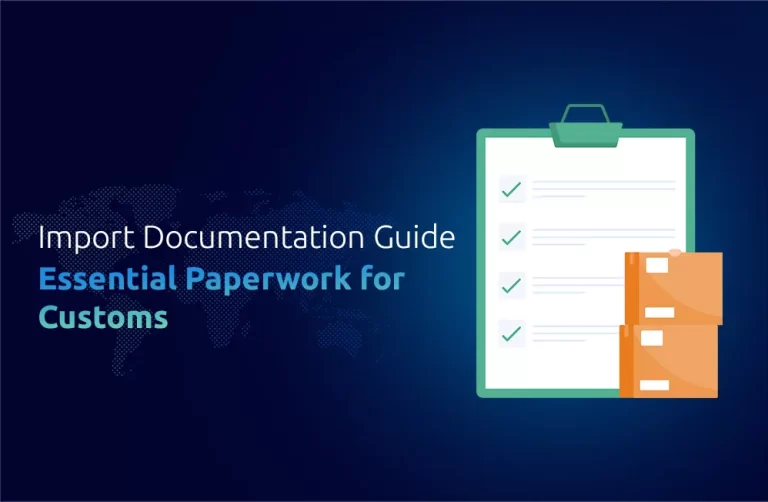Importing items is an important element of many firms’ operations nowadays, like One Union Solutions. Understanding and adhering to import laws is critical for businesses wishing to trade within the European Union (EU). To safeguard consumer safety, protect local businesses, and maintain environmental standards, the EU maintains a rigorous system of laws and standards governing imports. These laws can be difficult to traverse, but with the correct expertise and methods, companies like One Union Solutions can effectively negotiate the EU’s import landscape.
Understanding the Fundamentals of European Union Import Regulations
Codes from the Harmonised System (HS)
One of the most important components of importing into the EU for One Union Solutions is the use of Harmonised System (HS) codes to classify commodities. The HS code for your items must be correctly identified for efficient customs processing.
Tariffs and taxes
The EU’s Common Customs Tariff, which imposes tariffs on imported goods, must be considered by One Union Solutions. Tariff rates differ according to the type of goods and the country of origin. Understanding these rates and any advantageous trade arrangements, such as Free Trade arrangements (FTAs), can have a substantial impact on One Union Solutions’ import prices.
Import Permits and Documentation
For One Union Solutions, certain products require specific import licenses or permits to enter the EU. Understanding the required documentation, such as invoices, certificates of origin, and compliance documents, is critical to ensuring a smooth import procedure.
Compliance with EU Standards and Regulations
Product Regulations and Standards
One Union Solutions must adhere to the strict requirements set by the EU for product safety, quality, and labeling. To protect consumer safety and fair competition, products entering the EU must meet certain standards. Understanding directives such as CE marking for specific products is critical to compliance.
Navigating the Import Procedure
Collaboration with Customs Brokers or Agents
One Union Solutions can benefit from hiring skilled Customs Brokers or agents to help with the import procedure. These people are skilled in navigating complex legislation, handling paperwork, and ensuring conformity with EU customs processes.
Thorough and correct documentation is critical for effective imports, according to One Union Solutions. Invoices, certificates, and compliance documentation should be double-checked to avoid delays or rejection of products at the border.
Keeping Updated on Regulatory Changes
Given One Union Solutions’ active involvement in imports, staying up to date on changes to import legislation, tariff rates, and compliance requirements is critical for ensuring seamless import operations.
Conclusion
Navigating EU import rules necessitates meticulous attention to detail, a thorough awareness of regulatory requirements, and a proactive attitude to compliance. Businesses like One Union Solutions may effectively manage the intricacies of importing into the EU by adhering to standards, appropriately identifying items, and staying up to date on regulatory changes. Seeking expert advice, precise paperwork, and prioritizing compliance are critical components of ensuring a smooth import procedure and fostering effective trading connections inside the EU market.
FAQs
1. What function do HS codes play in One Union Solutions EU imports?
One Union Solutions relies on HS codes to classify commodities for customs clearance. They are in charge of determining tariffs, levies, and regulatory requirements, therefore proper classification is critical for seamless imports into the EU.
2. How does One Union Solutions determine the tariffs and charges that apply to imported goods?
The Common Customs Tariff of the EU establishes tariff rates. Furthermore, preferential trade agreements have an impact on these rates. One Union Solutions can engage customs professionals or use resources offered by customs officials for precise information.
3. What paperwork is required for One Union Solutions when importing goods into the EU?
Invoices, certificates of origin, transport paperwork, and compliance certificates are examples of required documentation for One Union Solutions. Because some commodities may require special permits or licenses, thoroughness and correctness are critical.
4. How does One Union Solutions ensure that EU product requirements and regulations are met?
One Union Solutions must comply with EU requirements for product safety, quality, labeling, and environmental concerns. Compliance requires familiarizing yourself with directives such as CE marking and maintaining up-to-date regulatory developments.
5. Are there any tools or services available to help One Union Solutions navigate EU import regulations?
Yes, employing customs brokers, agents, or consultants who are familiar with EU imports can be quite beneficial to One Union Solutions. These professionals are knowledgeable about customs procedures, documentation requirements, and compliance, which helps to streamline the import process.

